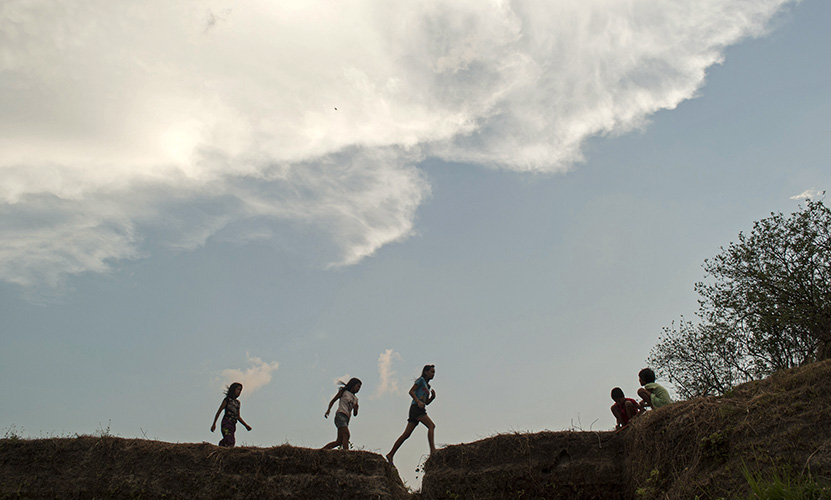Following the Commission on Population and Development’s (PopCom) plea for the declaration of a national emergency on teenage pregnancy, Senator Win Gatchalian will seek a Senate inquiry on how to strengthen the comprehensive sexuality education (CSE) and curb teenage pregnancies in the Philippines.

The lawmaker laments the fact that despite the passage of the Reproductive Health (RH) Law in 2012, the Philippine Statistics Authority’s (PSA) 2017 National Demographic and Health Survey (NDHS) reported that nine percent of 4.9 million teenage women aged 15-19 have begun childbearing. PopCom also reported that between 2011 and 2017, pregnancies in the 10-14 age group increased by 50 percent from around 1,000 to 2,000 cases, 30 to 50 of which are among 10-year olds.
“Despite the existence of CSE and the RH Law, teenage pregnancy rates in the country are still alarming. This prompts us to revisit and strengthen our existing policies so we can save teenagers from getting pregnant and falling into the trap of intergenerational poverty,” said Gatchalian, who chairs the Senate Committee on Basic Education, Arts and Culture.
Gatchalian also pointed out a finding by PSA’s 2017 Annual Poverty Indicators Survey, which revealed that “marriage or family matters” is the top reason why female out-of-school children and youth (OSCY) aged 6-24 are not attending school.
“Napagkakaitan ang mga kabataan ng maayos na kalusugan at magandang kinabukasan kung hindi natin sila magagabayan sa usapin ng RH. Kung may mabisang programa at sapat na kakayahan ang mga paaralan para magturo ng CSE, maiiwasan natin ang pagdami ng mga batang tumitigil sa pag-aaral dahil sa maagang pagbubuntis.” Gatchalian added.
The NDHS 2017 pointed out that teenage mothers face greater difficulty in pursuing educational opportunities, which also lowers their chance to get decent jobs. The study added that adverse pregnancy outcomes are more likely to occur among teenage mothers, while their children are at greater risk of sickness and even death.
Teenagers in rural areas are also more prone to early pregnancies. Data from the NDHS shows that 10 percent of rural girls aged 15-19 years old has begun childbearing, three percentage points higher than their urban counterparts.
The United Nations Population Fund (UNFPA) said that teenagers, especially the poor and marginalized, get pregnant because they lack access to school, information, and sexual and RH care. The UN agency added that teenage pregnancy costs the Philippines P33 billion in annual income.
Gatchalian vowed that he will file a resolution to conduct an inquiry with the aim of crafting relevant legislation to reverse the spike of teenage pregnancies nationwide.
“We need urgency in institutionalizing measures and ensuring their proper implementation to address this situation. Protecting girls from teenage pregnancy empowers them to be independent and economically productive members of the society,” Gatchalian said.


